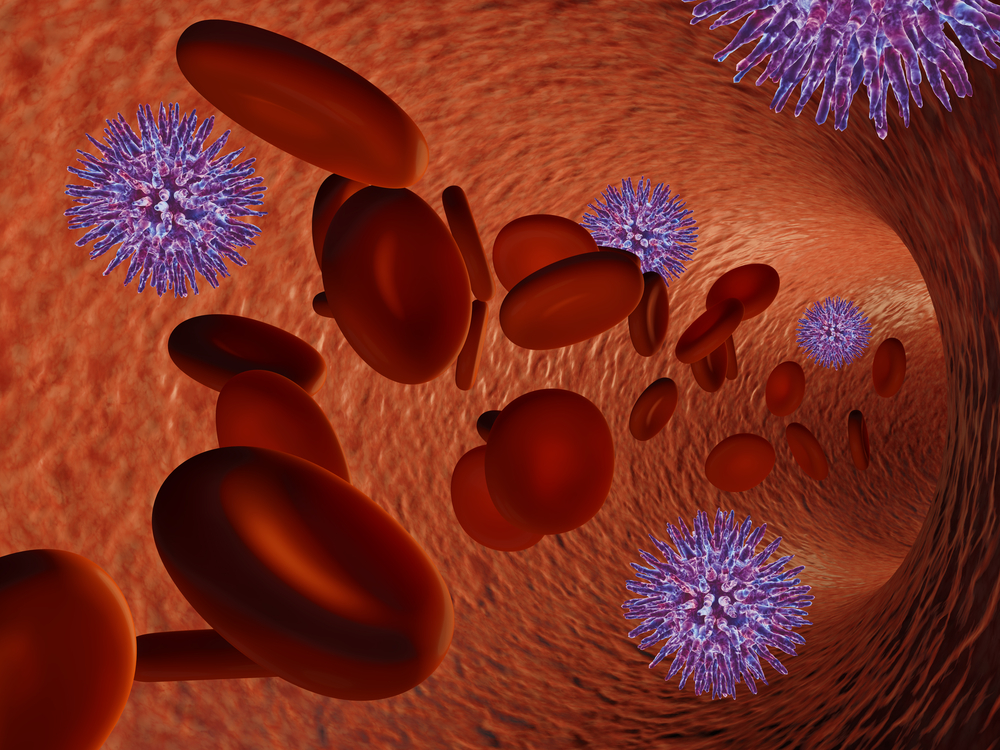Researchers at the University of Cambridge in the U.K. say they have traced the origins of anaplastic large cell lymphoma (ALCL), finding that the malignancy originates in early cells of the thymus, and that the progression of lymphoma requires the corruption of T-cell receptors (molecules on the surface of T-cells).
The study, “Anaplastic large cell lymphoma arises in thymocytes and requires transient TCR expression for thymic egress,” was published in Nature Communications.
Anaplastic large cell lymphoma (ALCL) is a rare form of non-Hodgkins lymphoma (NHL), but one of the most common subtypes of T-cell lymphoma, comprising approximately 2 percent of all NHLs and about 20 percent of all T-cell lymphomas.
This aggressive blood cancer strikes mostly children and young adults and has a high rate of relapse following treatment: Up to 40 percent of ALCL patients relapse and require more chemotherapy. The pathogenic progression of the disease, as well as its cell origin, have until now remained largely unknown.
Researchers traced the origins of the malignancy to a gene defect in the early development of the thymocytes, the progenitor blood cells present in the thymus that later differentiate into T-lymphocytes (T-cells).
The scientists believe that while chemotherapy drugs effectively kill the malignant cells that spread throughout the body, their effect might not be enough to kill the original “cancer stem cells,” which would explain the high rate of relapse in patients.
The team also discovered a key element in the spread of lymphoma around the body, namely the corruption of the T-cell receptor (TCR), an essential structure present on the surface of T-cells that allows them to recognize foreign pathogens and malignant cells. Using mice models of the disease, researchers observed that while the TCR molecule was present initially, it was lost as ALCL progressed, suggesting that the TCR might have an initial suppressive effect on the lymphoma development.
Dr. Matt Kaiser, head of research at Bloodwise, the blood cancer charity that funded the research, said in a press release, “The chemotherapy currently in use is particularly grueling for children and teenagers, particularly if relapse occurs and more treatment is needed. Greater understanding of this lymphoma will enable the development of more effective and less toxic drugs that allow every child to live a normal life after treatment.”


